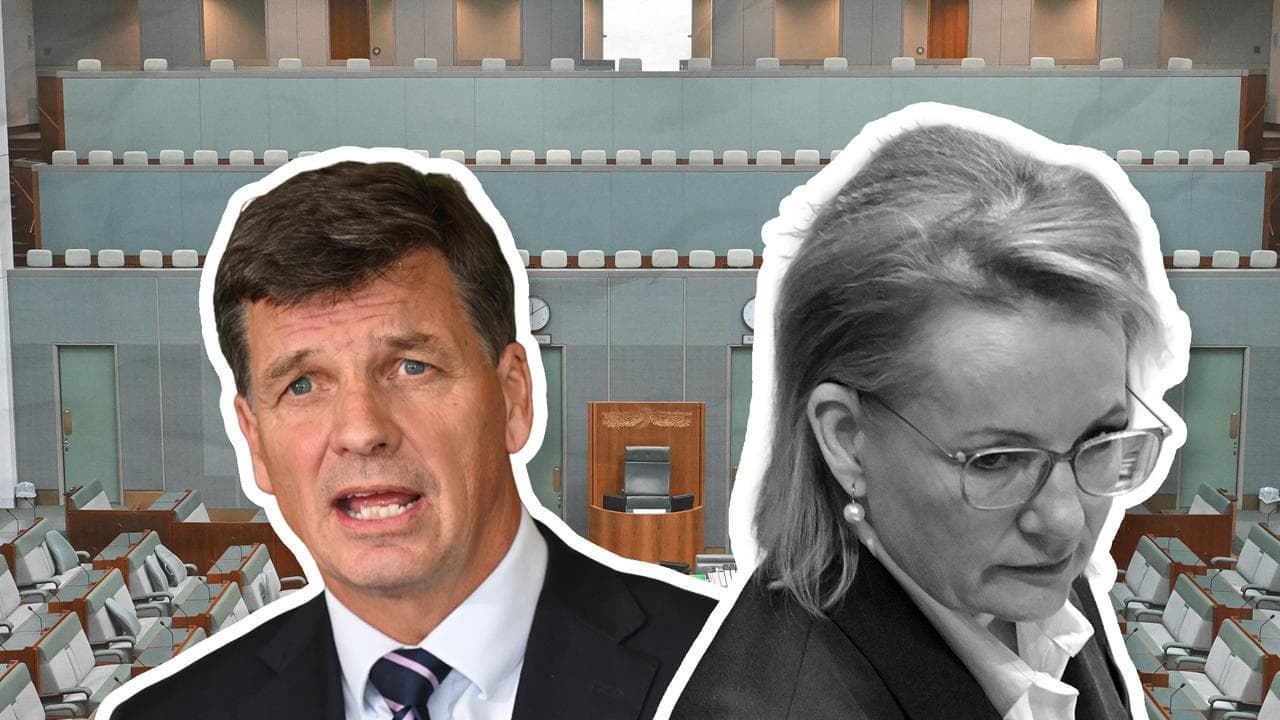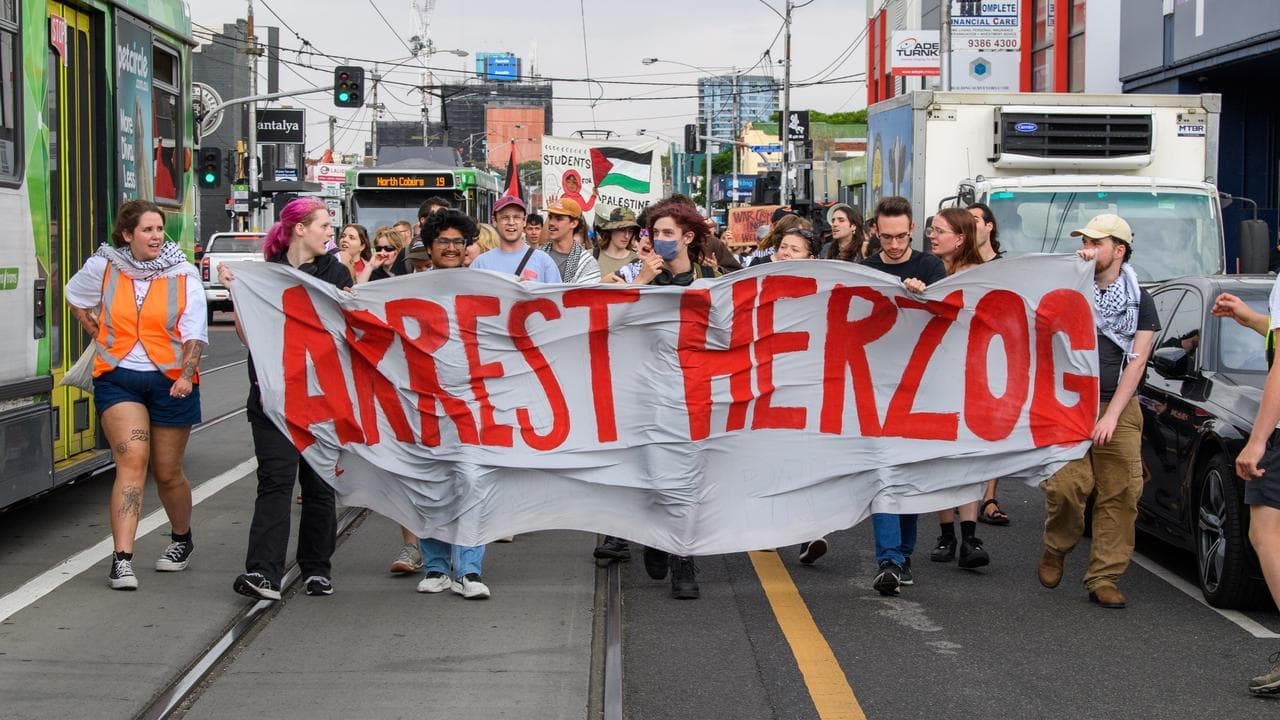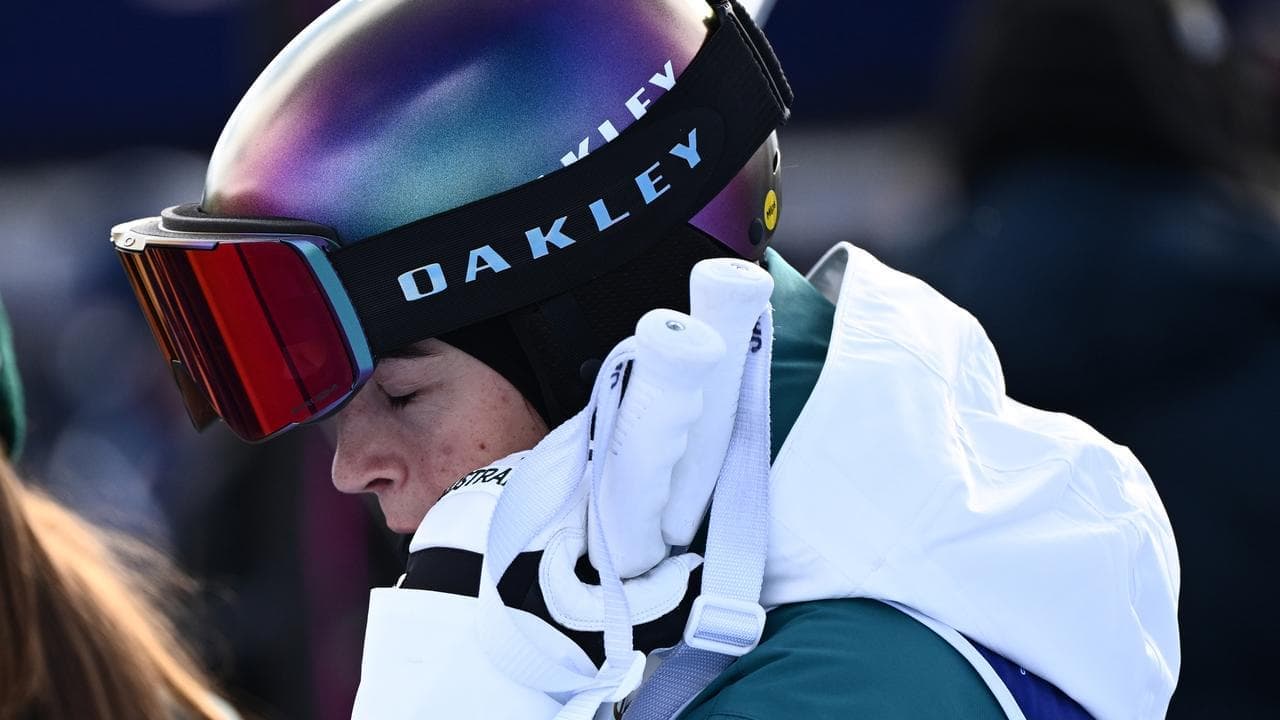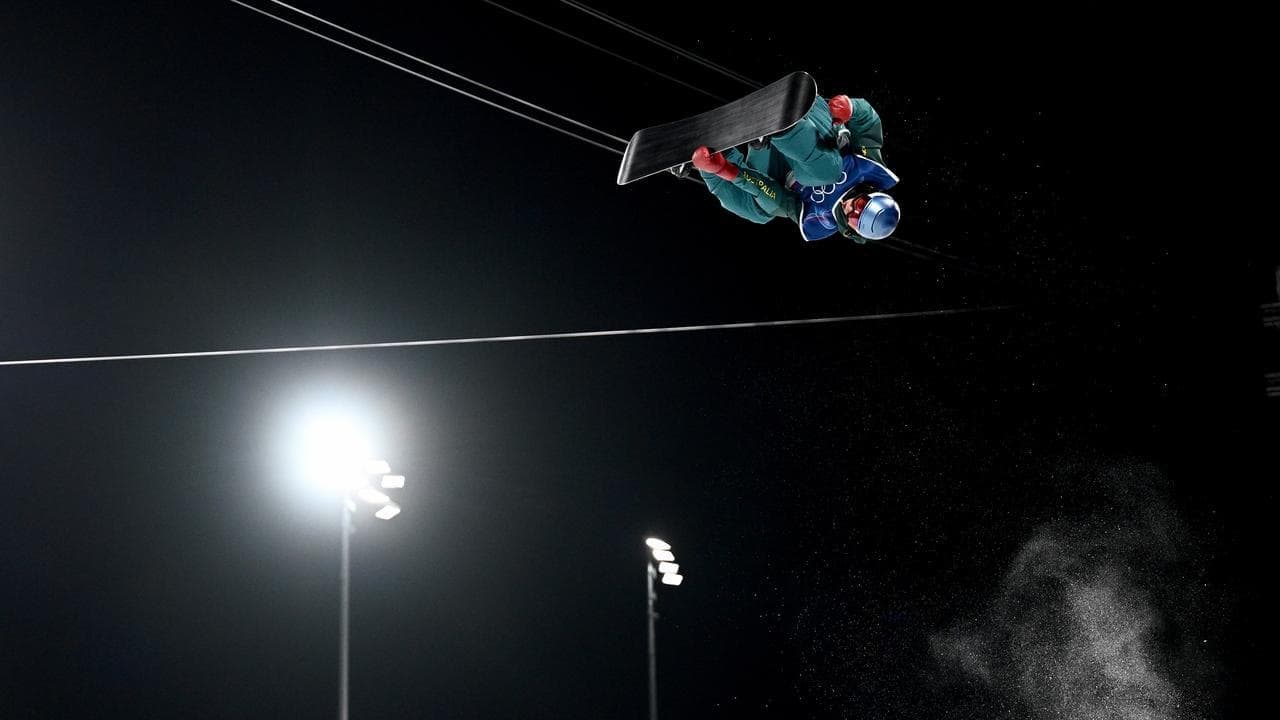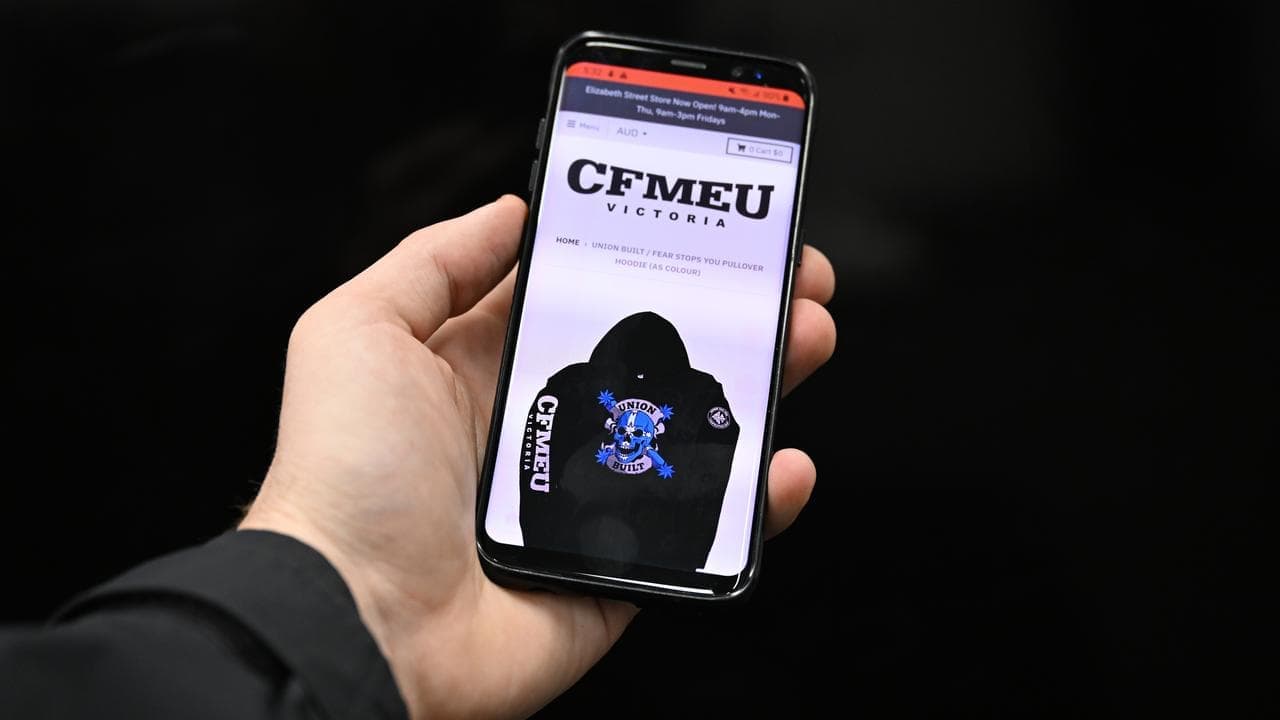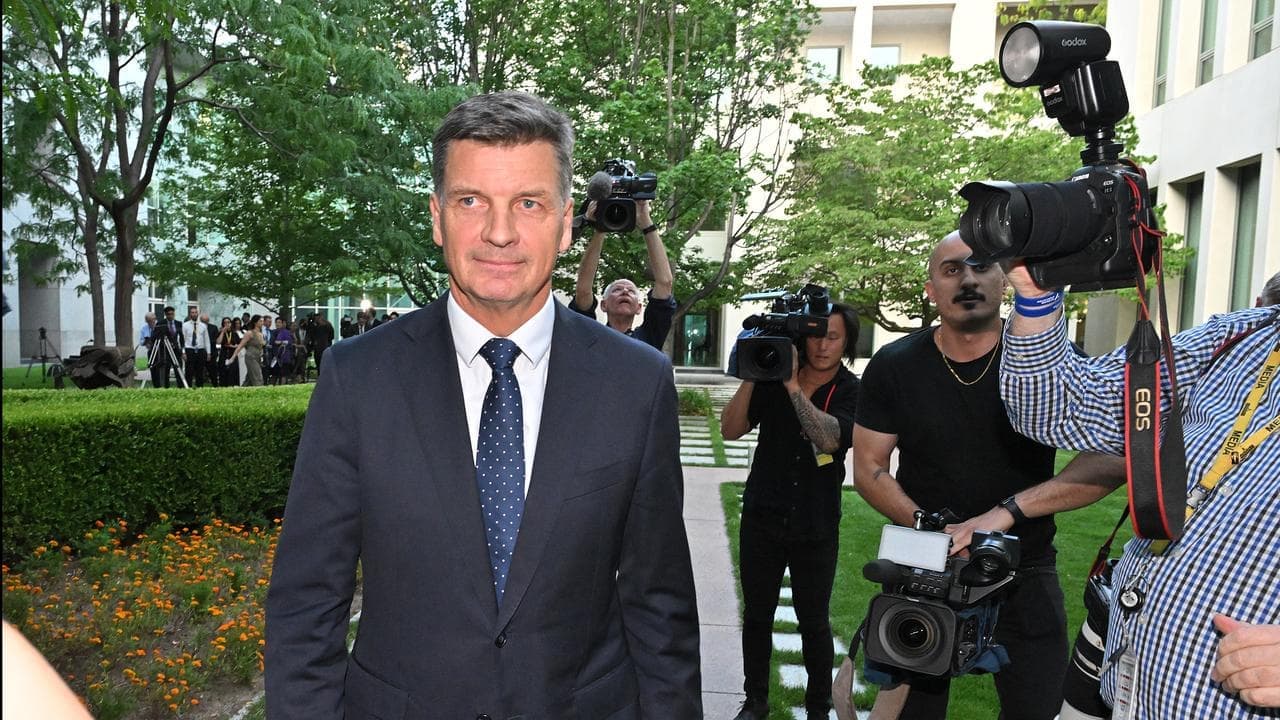AAP FactCheck Investigation: Is only 12 per cent of plastic waste recycled in Australia?
The Statement
“Twelve per cent of our plastics are recycled in this country. I think we’re breaking the faith with Australia.”
Prime Minister Scott Morrison. August 2, 2019.
The Verdict
True - The checkable claim is true.
The Analysis
Prime Minister Scott Morrison was seeking agreement from state governments on plastic recycling at the first post-election Council of Australian Governments (COAG) meeting on Friday, August 9. Mr Morrison labelled Australia’s record on recycling “appalling” and said the current situation was “breaking the faith” with Australians who were doing the right thing. [1] [2]
AAP FactCheck examined Mr Morrison’s claim that only 12 per cent of Australia’s waste plastic was recycled. [2]
The national recycling industry has been under pressure since 2018, when China, the biggest importer of recyclable waste from Australia, placed stringent restrictions on waste imports, effectively closing the door to a large proportion of Australian recycling exports. [3]
In August 2019, one of the largest Australian recycling companies SKM collapsed, leaving tens of thousands of tonnes of Victorian kerbside recycling stockpiled and destined largely for landfill. [4]
According to the 2018 National Waste Report, prepared for the federal government and released in November 2018, Australia recycled 12 per cent of the 2.5 million tonnes of waste plastic generated in 2016/17 from packaging, construction and industrial sources. The majority of waste plastic - 87 per cent - goes to landfill and just one per cent is used in waste-to-energy facilities. [5]
Another report, the 2017-18 Australian Plastics Recycling Survey commissioned by the Australian, Victorian, New South Wales and West Australian governments and published in January 2019, arrived at a lower 9.4 per cent recycling rate but stated the figure may be conservative as it was based on waste from short-term use such as packaging. [6]
Having correctly identified the plastics recycling rate as 12 per cent, the PM went on to say: “We are not recycling plastics in this country, it’s going into landfill or it’s going into boats and being sent up to Asia.” [7] This is not correct, although the rate of local recycling is low.
Of the 320,000 tonnes of waste plastic recycled in 2017/18, 54.5 per cent was exported while the remaining 45.5 per cent was reprocessed in Australia, the Australian Plastics Recycling Survey found. [6] That local reprocessing equates to about four per cent of the plastic Australians consume.
Plastics recycling in Australia includes work undertaken by packaging giant Visy, which reprocesses 95,000 tonnes of plastic each year, largely turning it into food and drink packaging. Coles water bottles, Praise sauce bottles and Schweppes soft drinks all use recycled or semi-recycled packaging from Visy. [8] [9]
Another Australian company, Replas, turns plastic waste collected in Australia into outdoor products such as bollards, decking furniture and signage.[10]
Based on this evidence, AAP FactCheck found Mr Morrison’s claim to be true. The statement that 12 per cent of Australia’s waste plastic being recycled is supported by data from the 2018 National Waste Report.
The Verdict
True - The checkable claim is true.
The References
1. ‘Scott Morrison to push premiers to improve ‘appalling’ record on plastic recycling’, by Sarah Martin. The Guardian. August 8, 2019: https://www.theguardian.com/australia-news/2019/aug/08/scott-morrison-to-push-premiers-to-improve-appalling-record-on-plastic-recycling
2. ‘Scott Morrison rules out increasing Newstart payments’. 7News.com.au. August 2, 2019. 5min30sec interview mark: https://7news.com.au/politics/federal-politics/scott-morrison-rules-out-increasing-newstart-payments-c-379300?fbclid=IwAR0cEDm2naBm1rAUFbqVU6-mjhiFuHeH_tRqS54l5qMoMrAh25SWteVA0Ro
3. ‘China’s recycling ban throws Australia into a very messy waste crisis’ by Jenni Downes and Elsa Dominish. The Conversation. April 27, 2018: https://theconversation.com/chinas-recycling-ban-throws-australia-into-a-very-messy-waste-crisis-95522
4. ‘Recycling crisis: landowners face millions in clean-up costs after SKM collapse’, by Ben Butler and Josh Taylor. The Guardian. August 7, 2019: https://www.theguardian.com/australia-news/2019/aug/07/recycling-crisis-land-owners-face-millions-in-clean-up-costs-after-skm-collapse
5. ‘National Waste Report 2018’ page 31. Prepared for the Australia Department of the Environment and Energy by Blue Environment Pty Ltd and Randell Environmental Consulting. November 19, 2018: https://www.environment.gov.au/system/files/resources/7381c1de-31d0-429b-912c-91a6dbc83af7/files/national-waste-report-2018.pdf
6. ‘2017-18 Australian Plastics Recycling Survey’ page 1. Prepared for the Australia Department of the Environment and Energy, NSW EPA, Sustainability Victoria and WA Dept of Water and Environmental Regulation by Envisage Works. January 30, 2019: https://www.environment.gov.au/system/files/resources/3f275bb3-218f-4a3d-ae1d-424ff4cc52cd/files/australian-plastics-recycling-survey-report-2017-18.pdf
7. ‘Scott Morrison rules out increasing Newstart payments’. 7News.com.au. August 2, 2019. 5min50sec interview mark: https://7news.com.au/politics/federal-politics/scott-morrison-rules-out-increasing-newstart-payments-c-379300?fbclid=IwAR0cEDm2naBm1rAUFbqVU6-mjhiFuHeH_tRqS54l5qMoMrAh25SWteVA0Ro
8. ‘About recycling’. Visy: https://www.visy.com.au/recycling/about
9. ‘There is ‘a better way’. Visy: https://www.visy.com.au/there-is-a-better-way
10. ‘Recycling at Replas’. Replas: https://www.replas.com.au/recycling/
* AAP FactCheck is accredited by the Poynter Institute's International Fact-Checking Network, which promotes best practice through a stringent and transparent Code of Principles. https://factcheck.aap.com.au/







